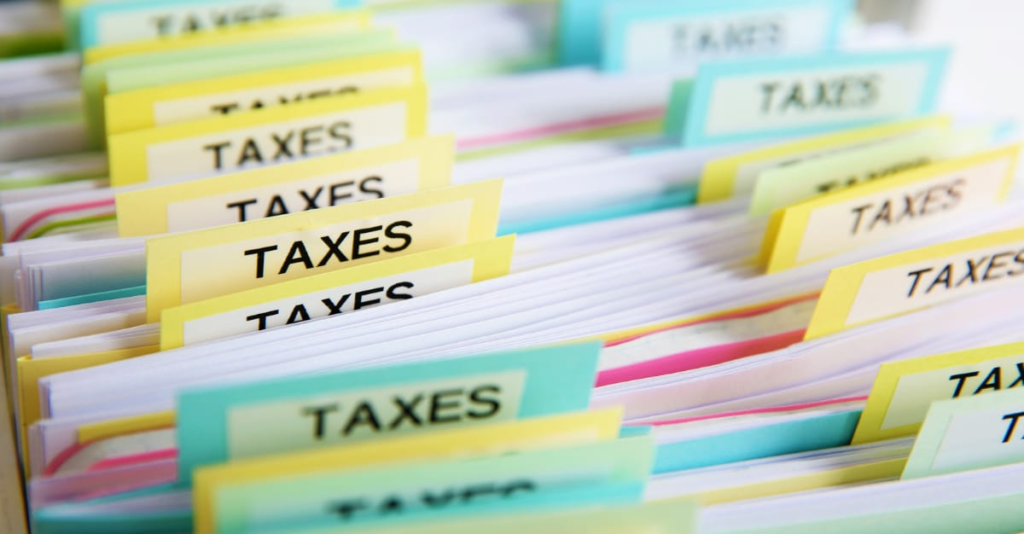Tax season can be a stressful time for both individuals and businesses. Efficiently navigating this period requires careful planning and a good understanding of tax regulations. In Singapore, the taxable period operates on a calendar year basis, with income earned in the previous year being assessed in the current year. This article provides essential tips and strategies to help you handle tax season effectively, focusing on deductions, credits, and deadlines.
1. Individuals
Understanding the Taxable Period
In Singapore, the taxable period aligns with the calendar year. This means that all income earned from January 1st to December 31st of the previous year must be reported and assessed in the following year. Understanding this timeline is crucial for staying compliant and avoiding penalties.
Filing Tax Returns for Individuals
Key Deadlines
- Paper Filing Deadline: April 15th
- Electronic Filing Deadline: April 18th
Taxpayers are required to file an annual income return detailing personal reliefs and deductions. To streamline the process:
- Use e-filing options available through the Inland Revenue Authority of Singapore (IRAS) website.
- Ensure you gather all necessary documents, including income statements and receipts for deductions.
Maximizing Deductions and Credits
- Personal Reliefs: Claim personal reliefs such as the earned income relief, spouse relief, and parenthood tax rebate.
- Education Expenses: Deduct qualifying education expenses, including course fees and textbook costs.
- Charitable Donations: Donations to approved institutions are tax-deductible.
Tax Payment and Instalments
The assessed tax amount is payable within one month of the assessment notice. To ease the financial burden, employees can opt for monthly instalment payments through the Interbank GIRO system, which is interest-free.
Tax Clearance for Foreigners
Singapore does not practice payroll withholding. Employers must notify the tax authorities at least one month before an employee’s termination or departure if they will be out of Singapore for more than three months. This ensures all taxes are settled before leaving the country.
Special Focus Areas for Individuals
IRAS prioritizes compliance among self-employed individuals and professionals in various fields, such as healthcare, legal, and consulting. They focus on:
- Revenue Underreporting: Ensure all revenue is reported accurately.
- Wrongful Claims: Avoid claiming ineligible deductions or engaging in tax avoidance schemes.
- Income Declaration: Reconcile income declarations with asset purchases to ensure consistency.

2. Businesses
Understanding the Taxable Period
In Singapore, the taxable period for businesses is based on the preceding financial year (i.e. the income earned in financial year 2023 will be taxed in 2024.). In tax terms, 2024 is the Year of Assessment (YA) which is the year in which your Company’s income is assessed to tax. The basis period is generally a 12-month period preceding the YA.
Filing Tax Returns for Businesses
All Companies will have to file 2 Corporate Income Tax Returns with IRAS every year: Estimated Chargeable Income (ECI) and Form C-S/ Form C-S (Lite)/ Form C (Type of Form C or Form C-S will be dependent on your annual revenue).
Key Deadlines
- ECI Filing Deadline: Within 3 months from the end of the financial year, except for companies which qualify for ECI waiver and those that are specifically not required to file an ECI
- Form C-S/ Form C-S(Lite)/ Form C Deadline: November 30th
Maximizing Deductions and Credits
- Operating Expenses: Deduct business-related expenses, including rent, utilities, and employee salaries.
- Depreciation: Claim capital allowances on qualifying assets to spread out the cost over several years.
- Research and Development (R&D): Take advantage of enhanced deductions for qualifying R&D activities.
Tax Payment and Instalments
Companies will need to pay the ECI tax payable amount within 1 month from the date of the Notice of Assessment, unless it qualifies to pay via instalments. To enjoy the maximum number of instalments, Companies can file early to enjoy the greater number of instalments. Find out more here.
If your Company is late in filing or fails to file its ECI, an estimated Notice of Assessment may be issued based on the past years’ income. Your company will also have to pay the full amount within 1 month from the date of Notice of Assessment and will not enjoy any instalment payment.

Navigating the Tax Audit Process
The IRAS uses a risk-based approach to identify compliance risks. Key focus areas include:
- Timely Filing: Ensure returns are filed on time to avoid penalties.
- Accurate Reporting: Accurately report all income and avoid underreporting.
- Claiming Deductions: Only claim legitimate deductions to prevent issues during an audit.
Statute of Limitations
For individuals, the statute of limitations for tax assessments in Singapore is four years from the year of assessment, except in cases of fraud or willful default. Keeping accurate records is essential to address any future queries from the tax authorities.
For businesses, you must maintain proper records of its financial transactions and retain the source documents, accounting records and schedules, bank statements and any other records of transactions connected with your business for at least 5 years from the relevant Year of Assessment (YA).
If your Company is late in filing or fails to file its ECI, an estimated Notice of Assessment may be issued based on the past years’ income. Your company will also have to pay the full amount within 1 month from the date of Notice of Assessment and will not enjoy any instalment payment.
Additional Tips for a Smooth Tax Season
- Stay Organized: Keep all financial documents and receipts organized throughout the year.
- Seek Professional Help: Consider hiring a tax professional like P & W Consulting for complex tax situations.
- Utilize Tax Software: Use tax preparation software to simplify the filing process.
Conclusion
Navigating tax season efficiently requires a proactive approach, careful planning, and a clear understanding of Singapore’s tax regulations. Start early by gathering necessary documents, understanding available deductions and credits, and staying organized with a reliable system. Leveraging technology and considering professional help from firms like P&W Consulting can simplify the process and ensure compliance.
Monitoring deadlines and preparing for audits by maintaining accurate records are crucial steps to avoid penalties and optimize your tax position. For personalized tips and strategies to navigate tax season efficiently, including deductions, credits, and deadlines, contact P&W Consulting. By following these strategies, both individuals and businesses can minimize their tax liabilities and enjoy a smoother tax season.
Don’t miss out on the opportunity to optimize your business’s financial management. You can learn more about good tips and strategies for financial management. Take this step as an investment in the long-term success of your business. Click here to get started!




